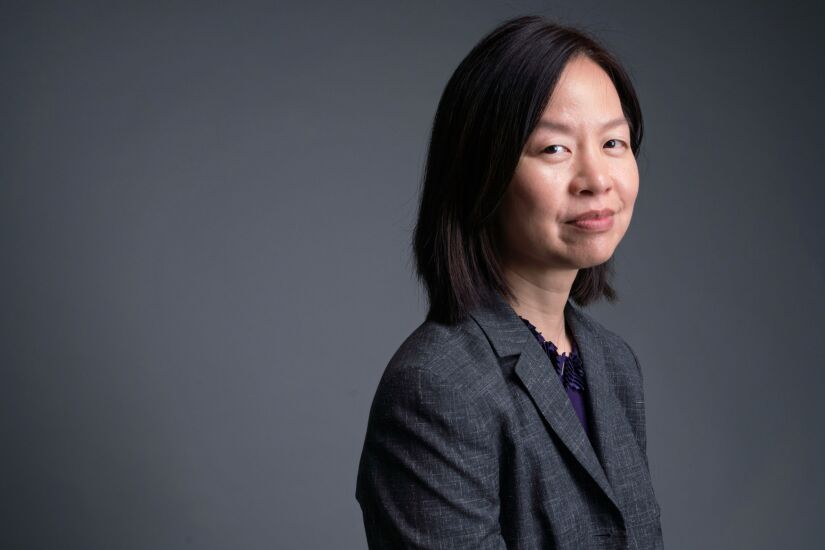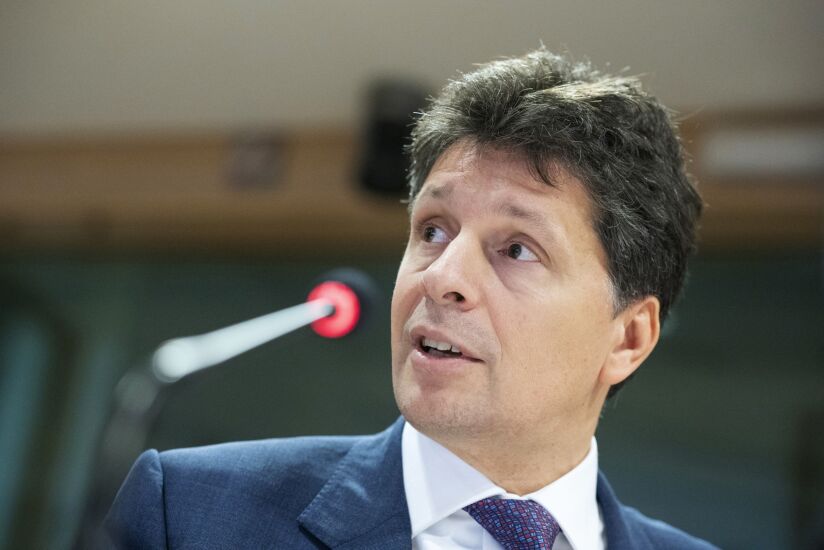Decades of initiatives to increase diversity within the finance industry have produced limited results. None of the major U.S. banks have ever had a woman CEO. Women and people of color are still underrepresented throughout the asset management industry. So we went around the world asking for advice on what needs to be done.

Monica Hsiao
Triada Capital in Hong Kong
This isn’t an issue of men versus women, though. It’s just that we should have a cultural change in viewing some fields as naturally more male- or female-dominant, and both men and women should be more aware of the biases/perception they may hold when interacting with each other. This may seep into their dealings and comfort in forming connections, and that, in turn, can affect the atmosphere of a workplace.
This similarly goes for racial differences. In some cases you see promotion of more women and minority representation on corporate boards, for example. I do think we need more role models to break through the glass ceiling to start changing some perceptions. The industry has talked about earmarking funds to go to women- and minority-led funds in the U.S., for example, but we haven’t seen enough evidence of the flows really going that direction to make much difference.
Jane Goodland
Quilter in London
There are clear signs that the COVID-19 crisis, over the longer term, will help to accelerate a move to a flexible working culture in the finance sector. As a sector known historically for its long-hours culture — with only 7% of employees working part time, compared to a U.K. average of 28% — that would be a necessary and welcome reset. [It would] enable everyone to have more choice and flexibility over their work, which means greater equality both at work and home for both men and women. It’s vital that firms adapt. Otherwise, they’ll fail to attract and retain the most talented people.
Cynthia DiBartolo
Tigress Financial Partners In New York
I don’t think that it should be about shaming if the numbers are low. I think it should be about collectively coming together to change the numbers. If you don’t diagnose that you’re sick, you’re never going to get well. The numbers, while they may not be pretty, give you an opportunity to fix what’s broken.
[C-suite executives need to take the lead.] They’ve been playing this game that they punt back and forth with no ownership.

David Mathers
Credit Suisse Group in Zurich
Paul Smith
CFA Institute
Diversity doesn’t work in finance primarily because recruitment policies are geared toward hiring young people from a small, select group of schools. These schools tend to draw their students from an equally predictable pool. Finance needs to be more deliberate in reaching out beyond its traditional hunting grounds.

Luke Ellis
Man Group in London
Dennis Mitchell
Starlight Capital in Toronto
Lauren Cochran
Blue Haven Initiative in Washington
Peter Harrison
Schroders in London
Our decision, several years ago now, for Schroders to communicate our gender pay gap — ahead of statutory requirements — reflected my belief that data transparency is key to driving real change. With progress on diversity metrics linked to pay outcomes for senior management, we are holding our people accountable for addressing this role representation gap, as well as diversity and inclusion more broadly.

Wes Hall
Kingsdale Advisors in Toronto (Hall founded the Canadian Council of Business Leaders Against Anti-Black Systemic Racism)
We have people who are putting things in place that don’t understand me. And they think they do by putting these systems in place. If we’re there, then when they are making policies we can say, “No, that doesn’t apply.”
Bhavini “Bev” Shah
City Hive Network in London
Chie Toriumi
Nomura Holdings in Tokyo

Rachel Lord
BlackRock in London

Adam Farkas
The Association for Financial Markets in Europe

Kewsong Lee
Carlyle Group in New York
Karis Stander
Investment 20/20 in London
Karolina Noculak
Aberdeen Standard Investments in Edinburgh
Chair of the CFA U.K. D&I Network — Scotland
Contributions from Divya Balji in Toronto, Marion Halftermeyer in Zurich, Bei Hu in Hong Kong, Lananh Nguyen in New York, Heather Perlberg in Washington, Takashi Nakamichi and Takako Taniguchi in Tokyo, and Nishant Kumar, Benjamin Robertson, Viren Vaghela, and Suzy Waite in London






